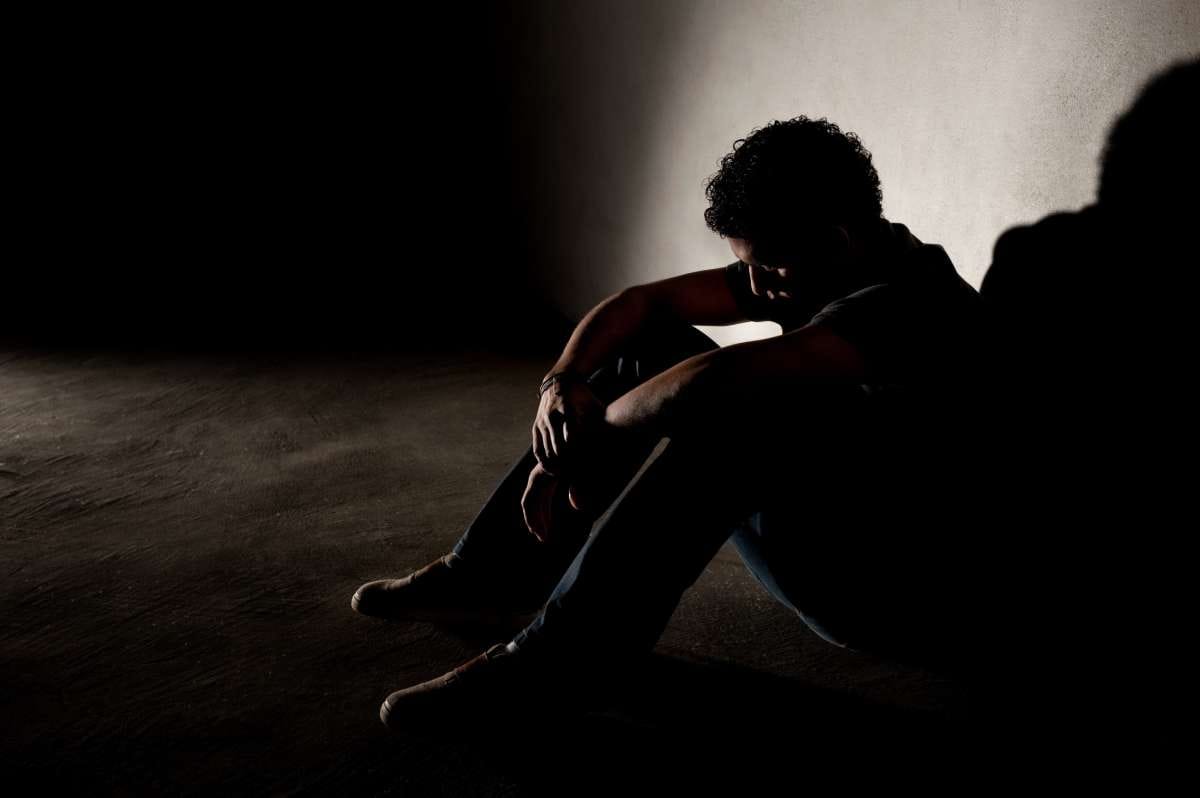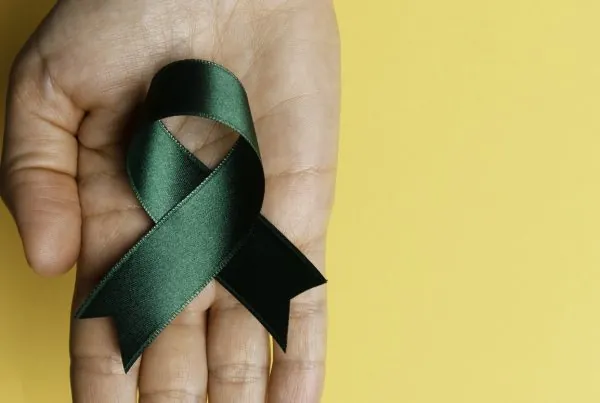We all need support, but our teens may need it most of all. Growing into adulthood comes with its own set of trials, and dealing with a diagnosis of a mental health issue–for example, schizoid and schizotypal–on top of it can overwhelm most teens.
But it’s not always enough to just want the best for our children. Understanding your teen’s mental health is key to learning how to help them, and that can mean differentiating between their condition and countless other mental health issues.
If your teen was diagnosed with schizoid personality disorder, schizotypal personality disorder, or schizophrenia, then understanding how each one is radically different from the others can give you a clearer context on not just how your teen is doing, but how different mental health issues are categorized, how they connect to one another, and what you should look out for in the long-term.
What is a Personality Disorder?
Personality disorders are a set of ten distinct diagnoses centered around odd or disordered behavior and thinking in a teen or adult. A personality disorder is different from another mental health disorder in that individuals with personality disorders may be developing a lifelong set of symptoms related to their very being, meaning long-term treatment and stress management is crucial.
Like any other mental health issue, however, it is important not to misattribute personality disorders to a person’s moral fiber or being. Teens with personality disorders are not “bad.” With support, professional treatment, and long-term coping skills, they can lead a healthy and thriving life in spite of their diagnosis. But early treatment is important.
Personality disorders develop through a combination of internal and external factors. That means genetic predisposition plays one role, but the environment is also a contributing factor. Chronic stressors, traumatic experiences, and strange life circumstances can lead to a personality disorder in adolescence and beyond.
These conditions must cause distress to be considered a disorder. Not everyone with an abrasive or unliked personality requires professional treatment. Teens who are distinctly suffering because of their own thoughts and behavior may be diagnosed with a personality disorder.
Among the ten types, there are three categories each type fits into. These are called the A, B, and C clusters, also known as the eccentric cluster, the dramatic cluster, and the anxious cluster, respectively.
Schizoid and schizotypal personality disorders are often mistaken for one another but are two completely separate and distinct personality disorders with their very own set of symptoms. That being said, both fall under cluster A, or the eccentric cluster.
What is Schizoid Personality Disorder?
A schizoid personality disorder is characterized by intense introversion and social isolation. A teen diagnosed with schizoid personality disorder will feel distant, almost emotionless, or robotic and will struggle or avoid forming social relationships of their own. They seem uninterested in praise or criticism.
The root of the confusion comes from the prefix schizo—originally a Greek root word, it means schism, or a split. In the context of a schizoid personality disorder, the patient is split from other people, emotionally distant, and socially isolated, often by their own choice. Getting through to a teen with schizoid personality disorder can be difficult.
What is Schizotypal Personality Disorder?
Whereas a schizoid personality disorder is characterized by being split from people in general, a schizotypal personality disorder is more closely linked to the meaning we generally attribute to the term, which is being split from reality. Schizotypal personality disorders are characterized by so-called “odd thinking,” which includes strange magical or superstitious beliefs, complex and individual belief systems, peculiar speech patterns, and a very strong social anxiety and fear of close relationships.
The main difference between a teen with schizoid personality disorder and a teen with schizotypal personality disorder is that the former will not necessarily show signs of an unconventional relationship with reality, and their reluctance to form bonds with others is centered on disinterest rather than anxiety, while the latter may appear distant to others out of a poor experience with friends or family, while sharing a strange or eccentric understanding of the world.
Personality Disorders vs. Schizophrenia
Schizotypal personality disorder is often compared to schizophrenia due to its eccentric or unrealistic worldview and characteristic superstitious thoughts. But teens and adults with schizotypal personality disorder are not experiencing delusions or psychotic (break-from-reality) episodes.
The core of a schizotypal personality disorder is a lack of social skills and the way that social anxiety interacts with their mood and memory. In addition to strange beliefs, schizotypal teens may also have memory problems and depressive thoughts.
Their eccentric beliefs may instead be a defense mechanism for their social anxiety, a sort of shield to create a more fantastical explanation for why they wish to be apart from others. While they may truly believe the things they say, teens with schizotypal personality disorder are not struggling with hallucinations or psychotic breaks.
Meanwhile, a teen with schizophrenia may struggle to differentiate between what is really going on around them and what has happened in their head. They may experience audiovisual hallucinations or delusional thinking. Seeing things that aren’t there, hearing things that aren’t there, and thinking things are a certain way (even if they aren’t) are hallmarks of schizophrenia.
The main link between the two conditions is a genetic one. People with schizotypal personality disorder are more likely to have a relative with schizophrenia, and vice versa. Yet, despite the biological link, the two conditions are separate and treated differently.
The Importance of a Professional Diagnosis
Regardless of whether your teen is struggling with a schizotypal personality disorder, a schizoid personality disorder, or schizophrenia, getting the right and appropriate form of help is crucial.
Every teen requires a unique approach, especially in the case of serious mental health symptoms like hallucination and psychosis. Getting your teen the best possible help as early as you can is key to helping them manage their symptoms and lead a more comfortable life. If you believe your teen or loved one is struggling with symptoms of teen depression, teenage anxiety, social isolation, or psychosis, then convincing them to see a professional together is important.
Take your time and walk them through the idea slowly. They need to know that you’re trying to help them put an ease to their mind and stop the distress. Mental health treatment isn’t about eliminating what makes your teen unique or molding them into someone they aren’t. It’s about helping them find their place in the world and minimize the discomfort their condition might be causing, with your help and the support of their other friends and loved ones.
Get Schizoid and Schizotypal Treatment at Visions
If your teen is struggling with schizoid or schizotypal personality disorder, get help today. At Visions Treatment Centers, we can provide the proper tools, resources, and therapeutic modalities to treat these conditions.
For more information, visit us online or give us a call.








